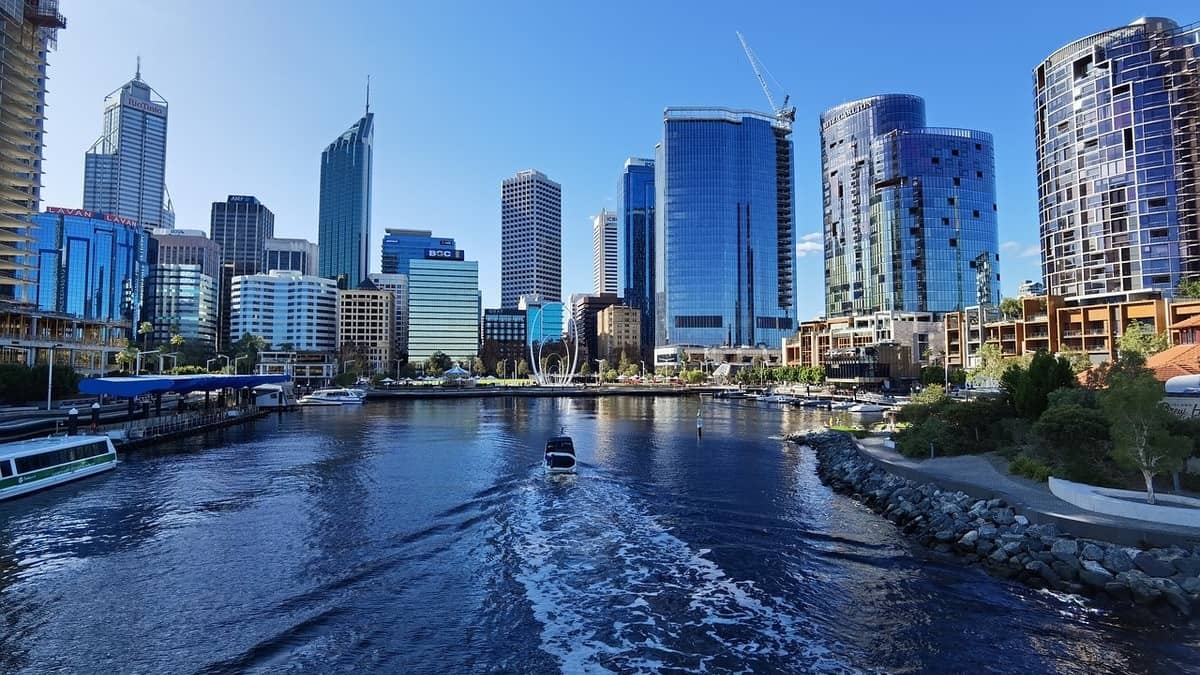The Electric Vehicle Council recently published its State of Electric Vehicles report, emphasizing the lack of relevant regulations and standards in promoting the technology in Australia. As per the report, the country’s prevalent red tape and “outdated” laws are the primary obstacles for the country to advance in the EV industry.
As a result, Australia remains a laggard in the EV revolution compared to other countries like China and Thailand.
Report highlights
The EVC’s State of Electric Vehicles report indicated that there were many factors affecting EV prices to rise, including the following:
- restrictive mass
- width restrictions
- inadequate road vehicle standards
- unfair taxes
These factors also make EVs substantially less available for Australian customers. As per the report, only three EV models accounted for 68% of the market.
EVC Senior Policy Manager Natalie Thompson explains that this unavailability is primarily due to the government’s lack of an appropriate Vehicle Efficiency Standard. It apparently discourages automakers from investing and bringing their EV models into the country.
“We haven’t had any strategic leadership on this for some time, but we’re optimistic the current federal government has set some wheels in motion. But we want to see that progress happen more quickly because we know this technology is being deployed globally.”
Natalie Thompson, EVC Senior Policy Manager
Ongoing government actions
The Australian government seems to realize the importance of such efficiency standards to catch up in the EV industry.
Transport Minister Catherine King disclosed that the government is now actively exploring numerous reforms. As part of these reforms, the government aims to create a draft fuel efficiency standard by the end of 2023.
“The government is committed to implementing a Fuel Efficiency Standard for Australia, which will encourage more fuel efficient internal combustion engine vehicles as well as low and zero emissions vehicles such as electric vehicles. This will save Australians money at the fuel bowser, give greater choice of cleaner cars in the Australian market for consumers, and reduce CO2 emissions from light vehicles.”
Transport Minister Catherine King
The Transport Minister also announced that the government was also revisiting the country’s current width and mass standards for e-trucks and e-buses.
Furthermore, the Transport Chairman of Brisbane City Council, Ryan Murphy, also disclosed that they plan to deploy an all-electric bus fleet. However, he expressed concern regarding the state’s lack of charging infrastructures to support the shift.
“Council and industry have raised significant concerns about the ambitious state targets for electrification of Queensland’s bus fleet, given the state government has so far failed to undertake any large-scale depot electrification projects. We also have concerns about the ability of electricity generation and distribution networks to keep up with the demand. We know that to electrify Brisbane’s bus fleet overnight we would need to find the additional baseload power to light up a city the size of Gladstone.”
Ryan Murphy, Transport Chairman of Brisbane City Council
See Also:
- Australia: H1 2023 EV sales already exceeded FY 2022 records
- Australia: Best home electric vehicle chargers in 2023
- Tesla Chair encourages Australia to spark more tech startups to boost economic growth
- Governments of Australia and Indonesia entered into a “win-win” battery partnership, analyst says
- Australia must adopt ambitious EV targets for climate goals, Australian industry group says
Despite the roadblocks, Australia is now realizing the significance of fuel efficiency for vehicles. It will incentivize customers and automakers that would support the EV uptake, enabling the country to catch up in the rapidly growing industry.
As of the first half of the year, Australia sold 46,624 electric vehicle units, up from just 39,353 in the same period last year.

